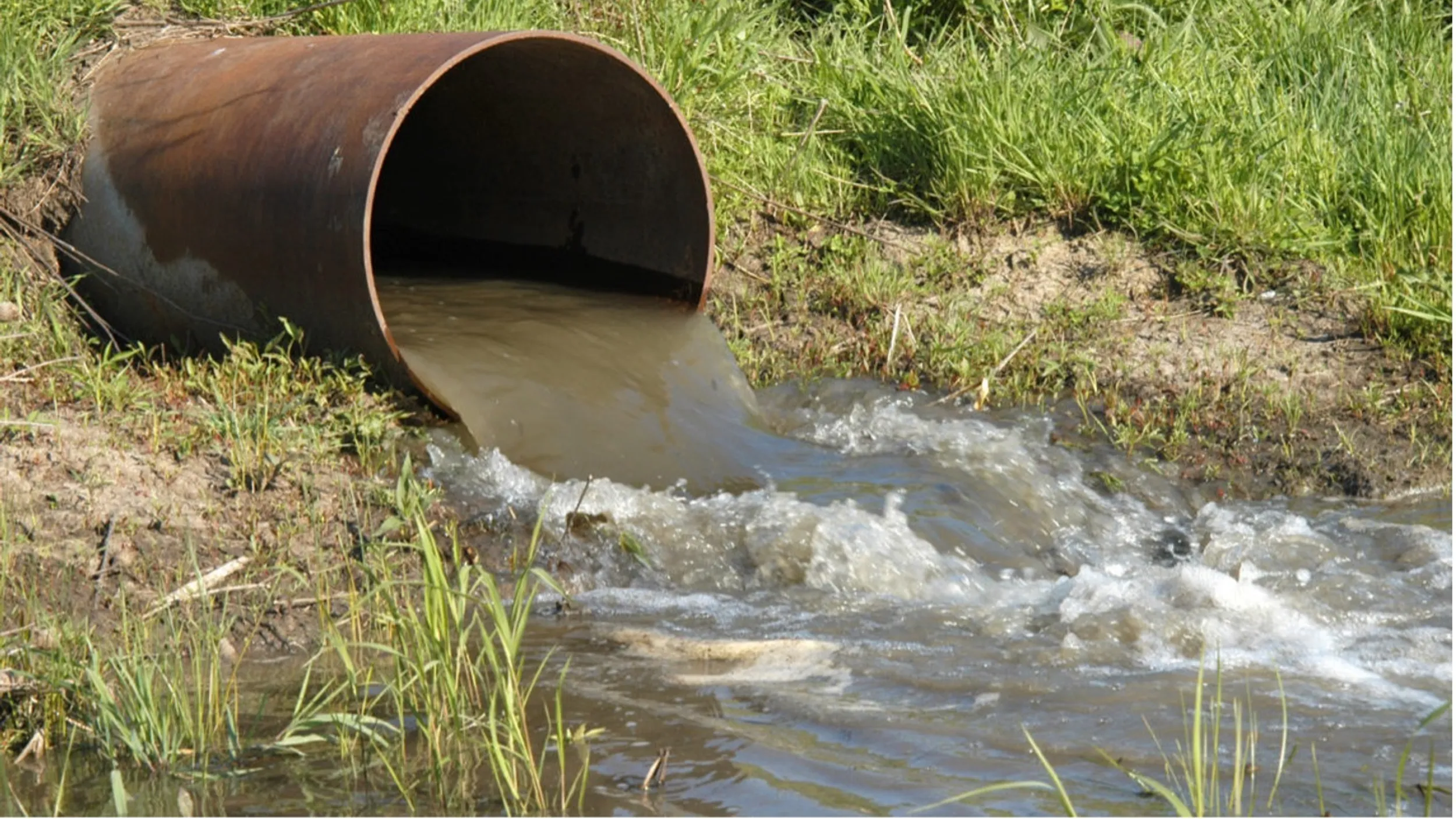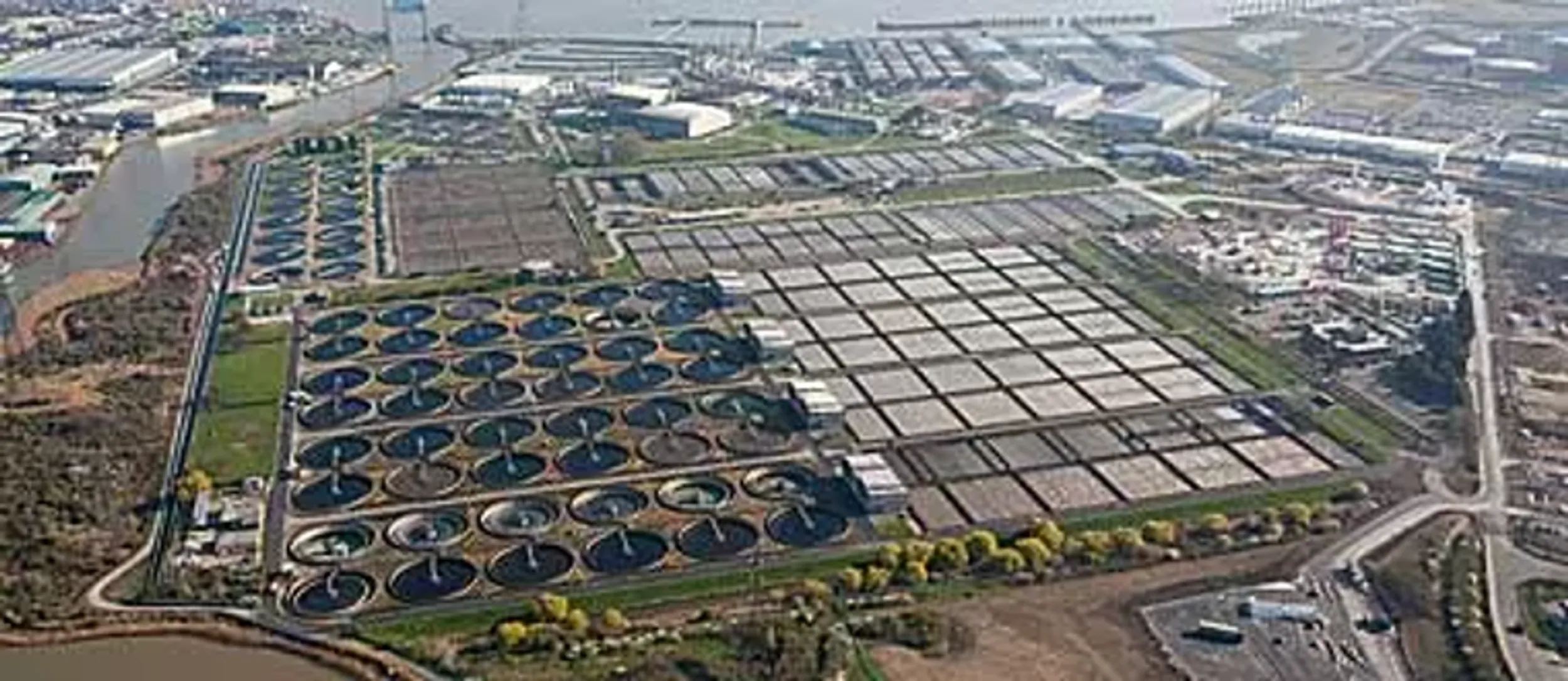The Environment is Going Down the Drain

The recent BBC Panorama programme, 'The River Pollution Scandal,' should ring alarm bells for all of us. It exposed the shocking evidence that water companies in England and Wales are illegally dumping raw sewage into our rivers. What's even more concerning is that the Environment Agency, tasked with protecting our environment, seems either unable or unwilling to address this issue effectively.

Let's take a look at the staggering figures published by The Environment Agency for 2020.
Water companies in England discharged raw sewage into rivers and coastal waters over 400,000 times, actively polluting our rivers for a total of 3.1 million hours. According to a WWF report called "Flushed Away," data from one water company suggests that 14% of overflows spill untreated sewage into rivers more than once a week, with half of them spilling more than once a month. Shockingly, some overflows occur hundreds of times a year.
This pollution problem is not limited to a few water companies; it is widespread across the industry. While United Utilities, Severn-Trent, and Yorkshire Water are the worst offenders, data shows that all water companies engage in this illegal practice.
The table below illustrates the storm overflow sewage discharge in 2020:
Water Company | Number of Discharges | Hours Discharged |
United Utilities | 113,940 | 726,450 |
Yorkshire Water | 65,083 | 559,699 |
Severn Trent | 60,982 | 420,419 |
South West | 42,053 | 375,372 |
Northumbrian | 32,566 | 236,325 |
Wessex | 28,964 | 215,887 |
Southern | 19,782 | 197,213 |
Thames | 18,443 | 180,287 |
Anglian | 17,385 | 170,326 |
Welsh | 3,845 | 20,256 |
Data for Welsh Water is for operations in England only.
Why are the water companies resorting to dumping raw sewage into our rivers?
According to the law, these companies are obligated to treat all sewage before releasing it back into the environment. The only exceptions are made for extreme or persistently high rainfall, which can overwhelm the urban drainage systems. However, as the BBC Panorama programme revealed, all the water companies investigated were discharging untreated sewage into rivers during normal flow periods. This is a direct violation of European laws that the UK had agreed to before Brexit.
The WWF report "Flushed Away" suggests that companies rely on sewer overflows to compensate for under-capacity. The problem lies in the ageing sewer system, which is over 50 years old and struggling to handle the increasing demands of a growing population, paved surfaces, and housing expansion. Sadly, there hasn't been sufficient investment to modernise treatment plants and increase capacity.
One might wonder why the necessary investment hasn't been made.
The answer lies in the privatisation of water supply and treatment in the 1980s. England remains the only country in the world with a fully privatised water system. The private water companies have not invested enough to enhance capacity or modernise treatment plants. Furthermore, successive governments have failed to hold these companies accountable for their lack of action.
The consequences of this pollution are severe, as highlighted in the recent WWF report:
- 55% of rivers in England and Wales fail to reach the required good ecological status due to wastewater pollution.
- 80% of rivers in England and Wales fail to achieve 'good ecological status.
- Eutrophication, leading to excessive algae blooms.
- Oxygen depletion, affecting fish survival.
- Increased water toxicity.
- Bioaccumulation, where harmful compounds concentrate in aquatic life and move up the food chain.
- Contamination of drinking water.
- Health hazards for recreational users.
This pollution showcases completely avoidable human impact on the environment.
Is there a way out of this predicament? Fortunately, the technology exists to prevent all of the aforementioned issues. The Minworth Sewage treatment works, operated by Severn Trent Water, demonstrates what can be done. Located in Birmingham, this "state of the art" facility removes waste from sewage, recycles clean water back into the river system, and achieves much more, including:
- Recycling sewage sludge for agricultural use.
- Generating geothermal energy that meets nearly 40% of the plant's energy needs.
- Conducting research on microorganisms that can potentially replace antibiotics in the fight against superbugs.

While selling water to the public generates profit, cleaning up our waste does not.
The UK government has signed up to Sustainable Development Goal 6, which focuses on water and sanitation. However, the water industry is far from meeting these goals. The blame largely falls on the privatised water companies, who prioritise profit over maintaining a clean environment.
The Environment Agency must face criticism for failing to hold these companies accountable. Chronic underfunding, lack of personnel, and politics will have hindered their ability to take effective action. In the past six years, they have brought only 48 prosecutions, securing fines amounting to £35 million. It is evident from various sources, including the BBC documentary and data from the Rivers Trust, that many more illegal discharges go unaddressed and undetected.
In conclusion, it is high time for a significant change. Strict regulations, increased investment, and stronger enforcement are essential to ensure that our rivers and environment are protected. Let us not forget that we have the power to avoid flushing our environment down the drain.
You may find the following sources useful for further research:
- BBC The Secret Science of Sewage
- The Fresh Outlook Foundation Flushing Our Environment Down the Drain
- The Rivers Trust Map of storm overflows with Event Duration Monitoring
- World Wide Fund for Nature Flushed Away
Find exactly what you’re looking for.
- Popular Searches
- Biology
- Chemistry
- A Level Media Studies
- Geography
- Physics
- A Level Environmental Science
Newsletter
General
Work with us
Get in touch
- © 2026 Curriculum Press
- Terms & Conditions
- Privacy & Cookies
- Website MadeByShape









